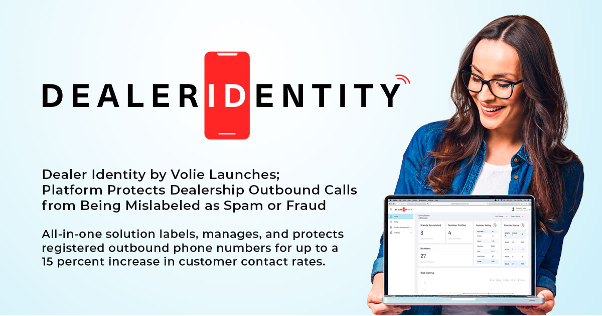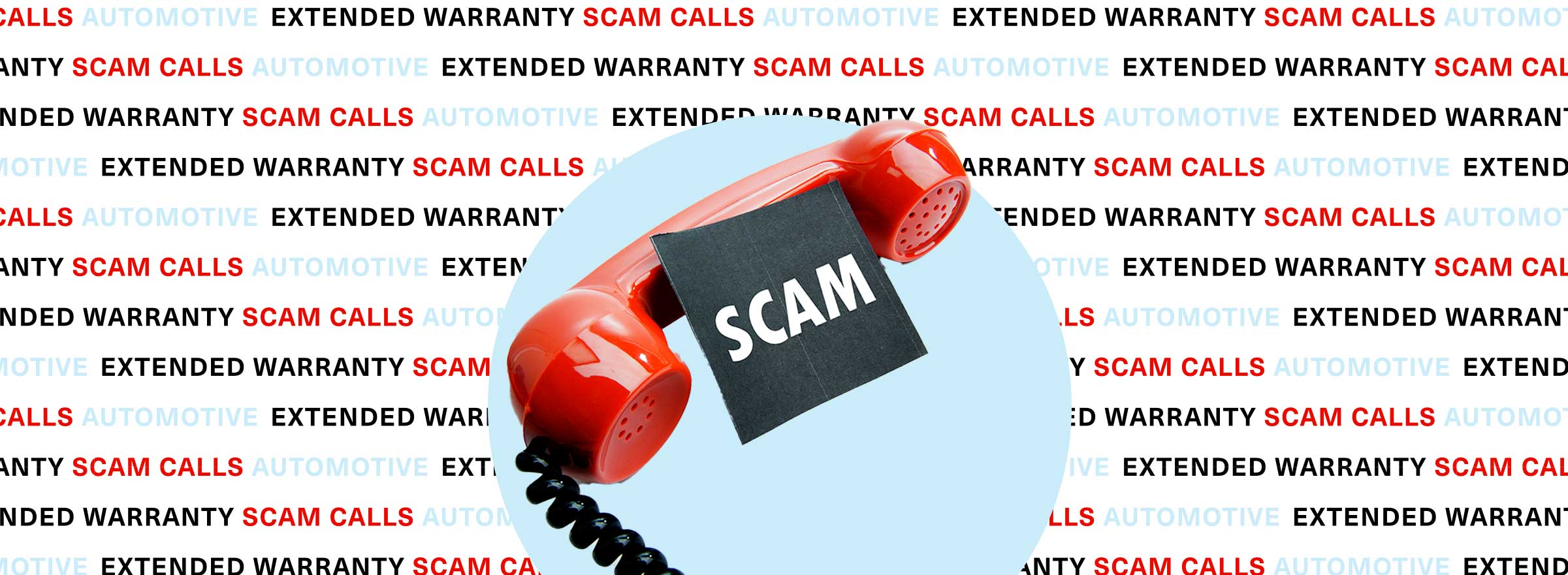Cracking down on Auto Warranty Scams to return trust to legal calls
When talking about the typical robocall or spam call that people get daily, it’s easy to recall those phony calls about your car’s extended warranty. As CNN Business put it, “No sentence in the English language may be more infuriating than the following 12 words: ‘We have been trying to reach you about your car’s extended warranty.’” For years it seems that the automotive industry has come under scrutiny for these calls. Recently, we’ve found that legitimate dealers have started to actively restore their calling reputation.
Let’s say you work from home and have a family but need to get your car serviced so you can drive your kids to the dentist after school. You drop off the car and go about your day waiting for that call that says it’s ready to be picked up.
The FCC’s Robocall Response Team and Enforcement Bureau have taken steps to prevent illegal robocalls and scam calls from traversing the voice network, targeting a known robocall scam marketing fake auto warranties. It wasn’t the first and probably won’t be the last. While carriers continue to implement robocall mitigation strategies, the automotive industry also has a role in cleaning up its calling reputation, and there is a solution on the market.
Pioneering An Industry Solution
Earlier this year, Volie, the leader in communication software for the automotive industry, launched Dealer Identity in partnership with Numeracle to provide an all-in-one platform solution to protect dealership outbound calls. It’s easy for call labeling analytics to inadvertently confuse scam warranty calls with legitimate warranty calls and dealerships all over the country struggle with their calls getting mislabeled as spam or scam. Through Dealer Identity, dealerships trying to reach their clients can verify their identity and protect their calls from being mislabeled as spam, scam, or fraud to improve the likelihood of customers trusting and answering calls.
Auto dealers don’t make a lot of the calls you’d expect. There seems to be a widespread misunderstanding that the dealerships are delivering the warranty calls, so they’re getting wrapped up with incorrect scam labels. Generally, dealers are not the ones spamming your phone and typically make the type of call you would want to receive, like telling you that your car is ready to be picked up after an oil change. Through all the noise of scam auto warranty calls, legitimate auto dealers struggle to connect with their customers and distinguish themselves from the bad actors.

The Uphill Battle
To better understand the automotive landscape and the dealers’ challenges, we welcomed Scott Davis, President of Volie and Dealer Identity, on our Tuesday Talks Podcast. Here’s what he had to say:
“Until now, dealers have been struggling, and I don't blame the FCC for trying to protect consumers from this robocall problem. Unfortunately, this affects small businesses trying to communicate with their customers, so they have to swap out numbers or get frustrated frequently. They're having a hard time solving this in general.”
— Scott Davis, President of Volie and Dealer Identity

Bringing awareness to the automotive industry
In addition to the call labeling algorithms currently harming legitimate dealership calls, the other challenge to consider is the lack of awareness or education in industries outside of telecom that may not know why this is happening in the first place. When the FCC targeted illegal robocall and scam phone calls, carriers responsible for employing call blocking and labeling algorithms ended up harming legal businesses. It has now fallen on these dealers and businesses to comply with new regulations. There is undoubtedly a new burden placed on them to prioritize their identity verification and number reputation management, things they don’t deal with day-to-day.
Changing the stereotype
It’s also an uphill battle to regain trust in these types of calls because there is a stereotype associated with dealerships as slick business types trying to make quick money. The reality is that most dealers are community-focused on a smaller scale than we may think. Many cannot keep up with the new regulations or technologies to successfully reach customers. In addition to solving their number reputation issues, they have the added challenge of improving their brand and industry reputation.
A complex structure
For many, solving phone number reputation issues is more straightforward because they have a direct relationship with their customer. In the automotive industry, this structure is much more complex and poses a challenge when it comes to verifying the originating identity behind a call and all the various call paths to reach customers successfully. Dealerships may operate hundreds of store locations with varying sizes, resources, and branding. Larger dealerships may have over 500 phone numbers, including personal desk phones, VoIP phones, click-to-call through their CRMs, and many outsourced calls via contact centers because they can’t manage it all internally. There are many layers that all need awareness around the problem and access to the solution.
All the phone calls it takes
Dealerships also struggle because of the number of calls involved in contacting customers about their oil change, for example. Dealerships keep track of servicing appointments, so when it’s time to bring your car in, they initially reach out to get an appointment scheduled, hopefully reaching the customer the first time they call. Due to tech shortages, many dealerships need to schedule appointments three weeks before the service date, meaning they need to reach out closer to the appointment date to remind customers to bring their cars in or reschedule the appointment. Once servicing the vehicle, dealers will call customers multiple times for status updates, to let them know it’s ready for pick up, or to coordinate a rental car. With so many calls to make for one customer about one appointment, it can easily be quite challenging to do their job should an improper Scam label get in the way.
Where do we go from here?
Streamlined solutions, like the one offered by Dealer Identity and Volie via Numeracle, help dealers verify their identities, associate their calling identity with their phone numbers, and make sure their calls stay clean of incorrect labels. If their calls get improperly labeled, they also have the control to fix those labels and improve their dialing strategies to ensure they reach their customers.
Here are some best practices recommended by Scott Davis, President of Volie and Dealer Identity:
- Don’t make phone calls that you wouldn’t want to receive yourself, like calling someone 25 times in one day
- Don’t conduct your calls in ways that could get you in trouble with the TCPA or impact the trust you have with the customer, for example, ringless voicemails, which are a TCPA violation
- Comply with the FCC’s laws and regulations, especially with a know-your-customer business model, to make sure you’re conducting legal phone calls
If you’re in the automotive industry and unsure if your calls are being blocked due to fraudulent call reputation or being displayed to your customers as a Spam or Scam call in error, get in touch with Dealer Identity to schedule a free overview or demo.
About Volie & Dealer Identity
Dealer Identity is an all-in-one phone number monitoring solution exclusive to automotive dealerships that corrects dealership phone numbers improperly labeled as ‘Scam’ and ‘Spam’ to improve customer communications and trust to prevent call blocking and missed calls. Their platform is an innovative joint solution brought to you by Numeracle and Volie, the #1 BDC engine that provides software for call centers to run campaigns operations more efficiently and profitably for their automotive clients.


